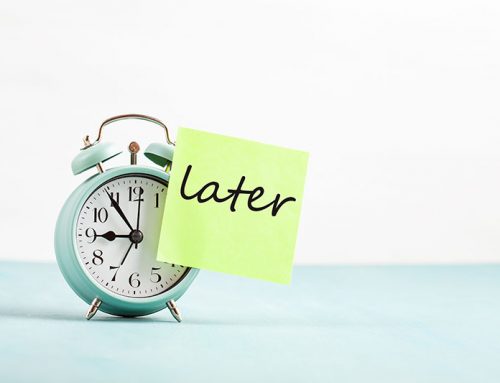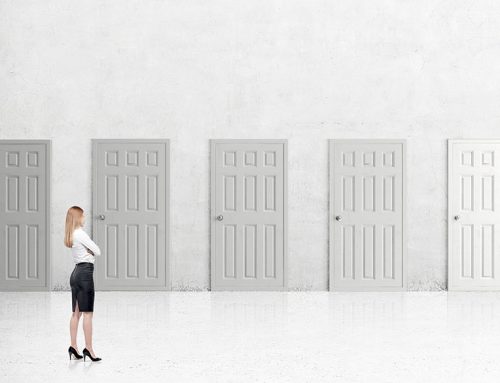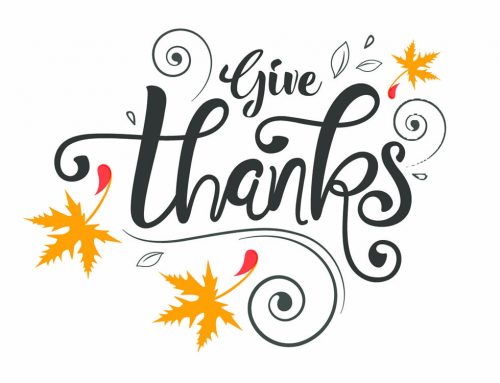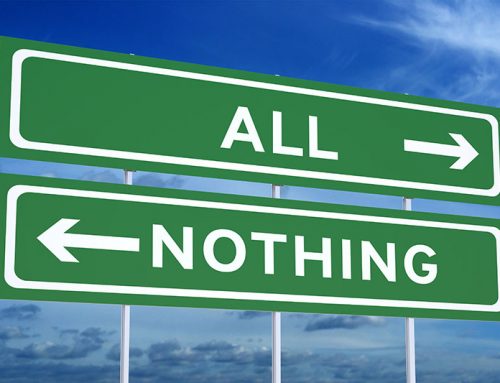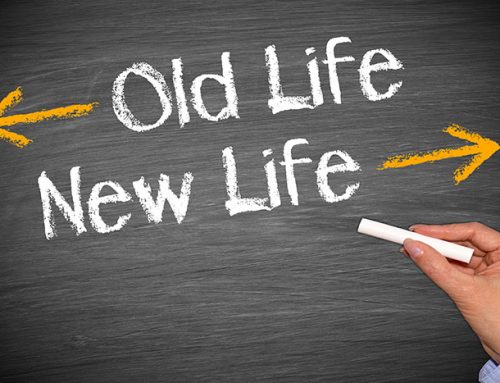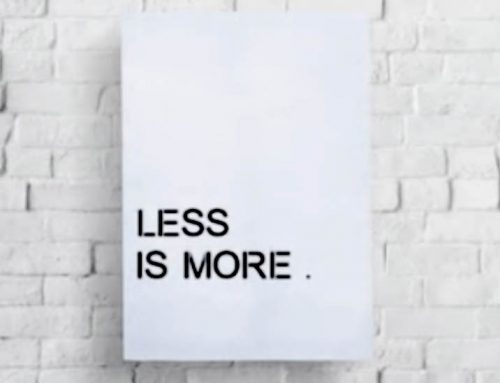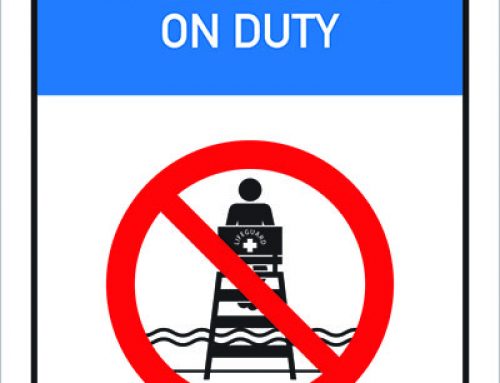How To Achieve More by Doing Less
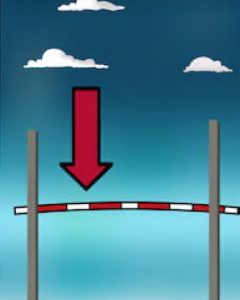
Exploring the Life Coaching realisation that we can actually achieve more by doing less.
Having spent over 20 years in the corporate world there is an expectation to raise the bar each year.
I grew accustomed to having a long list of annual goals and when asked “how are you?” my standard response was “busy” (with a sigh), barely stopping to engage.
It seemed that being busy equated to being important or successful. And so, I would go about my days and weeks putting in the hours, completing a long list of tasks only to do it all over again the next year.
In doing a lot I wasn’t really achieving more and certainly didn’t feel more fulfilled. If anything, I often felt overwhelmed.
When I stopped to look around, I noticed that my colleagues and friends were experiencing the exact same challenge of balancing all of the competing demands at work and at home. I found myself thinking there must be a better way to feel a sense of accomplishment without feeling so stressed.
What would happen if we lowered the bar?
Before panic sets in and you wonder if I have lost my mind (after all, who strives to lower the bar), let me explain what I mean.
It is about doing less (or even none) of what isn’t truly important but instead focusing on quality over quantity. Getting over the addiction to being busy for busy sake and spending more time on what is actually worthwhile and valuable. After all, time is precious.
Even with all the advances in technology allowing us to do more at a faster pace, we still only have 24 hours each day and there is a valid argument in that the more and more time we give, the less productive we eventually become.
My journey with lowering the bar started with a shift in mindset – both in the workplace and in my personal life.
In the workplace I started to pay less attention to the hours I was working and getting a lot of “stuff” done, and paying more attention to the value added form work which showed more tangible results. I told myself to work smarter and not harder.
At first it was uncomfortable. I was used to quantity, so it was hard to break the habit of counting time and tasks. It meant having to prioritise and at times say no, in order to complete the task at hand rather than splitting attention of multiple tasks.
However, it quickly became apparent that I should have been doing this all along. I ended up delivering more of what was needed. I spent my time on interesting work that was appreciated and valued. The bonus was I didn’t need to work 60+ hours a week to move the dial.
In my personal life I challenged my habit of overextending myself and learned to let things go. I honoured my personal priorities (family, friends, health, fitness and travel) and everything else came second. It was an adjustment at first. I would at times cringe when looking at the state of my house, but I knew I wouldn’t trade my daily run or a weekend away in Italy for a perfectly maintained house. If I was getting sick, I let myself rest instead of feeling guilty for all the 100 other things I should have been doing. I learned to focus on what was important in my life and stop benchmarking myself on what was important to others.
As a result of these changes, I found a healthier balance in my work and personal life.
Look at your To Do List and see what can be cut.
You can start small but by cutting the tasks that you know are just going to roll over to tomorrow and the next day and prioritise today’s task list with ones you can see through to the end. The sense of achievement and mindfulness in ticking off important tasks as opposed to rolling them to tomorrow is very cathartic and aids motivation.
If you are in the habit of putting in 12-hour days at the office, cut down to 11 ½. Most likely, no one will even notice. If they do, so what, there has to be balance.
If you are meeting your job expectations it doesn’t make a difference but that 30mins could make a difference to you.
If you are used to cooking dinner for your family most nights, have leftovers for once or order takeout for a change. Test the waters a bit to see what adjustments you can make to reduce time spent on what isn’t necessary as more often than not, when we overload our task lists and plans for the day we often procrastinate and actually waste time worrying about meeting all of our expectations.
It may seem scary at first to lower the bar, but you will probably find, as I have, that lowering the bar on the quantity of what you do will raise the bar on your quality of life.
Happy New Year.


